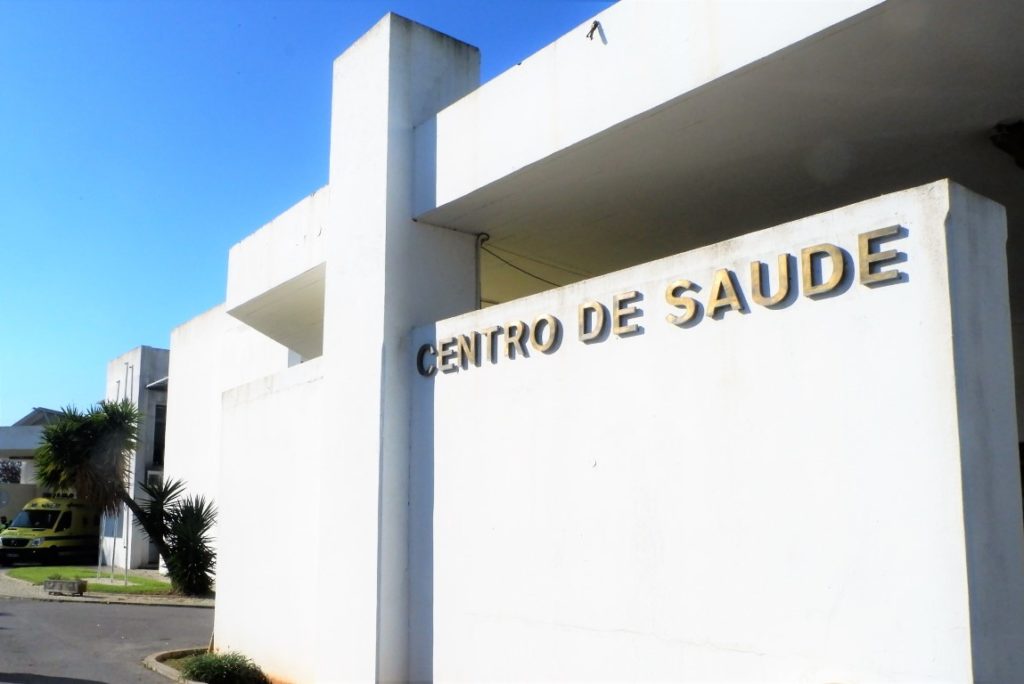The Medical Association warns that health centers are failing to resume screening for some cancers, which are being done only opportunistically, and that it has been almost impossible to recover the lost activity.
After a cycle of visits to health centers in the Algarve, Alentejo and the Lisbon Metropolitan Area, which will complement the information from the survey sent to all general and family medicine doctors to investigate the situation in primary health care, the Order dos Médicos warned that the professionals at these centers are still overloaded with tasks related to the pandemic and with little time for other users.
"The pandemic interfered, and still interferes, with all health centers, in some areas more commonly and in others more accentuated in some aspects, according to local realities", explained to Lusa the president of the Southern Regional Council of the Medical Association , Alexandre Valentim Lourenço.
The official also said that, in many health centers, "there has not even been a return to normality, let alone the recovery of what was delayed".
Alexandre Lourenço recalled that the health centers received different guidelines from the regional health administrations for the response to the pandemic, “without coherence”.
“In some situations they gave autonomy to the health center to adapt and respond, in others they didn't. Many had to obey rules that often had no logical or practical application», he pointed out.
The same official stressed that the doctors and nurses of the health centers saw the Covid-19 vaccination as "a national mission", but that "they were not expecting to be requested in such a brutal way as they were".
“It was intended that vaccination centers would resort to hiring volunteer doctors and nurses (…), but in most places, to save money, family doctors were included in rotating systems for vaccination, a mission they regard as noble and necessary, but it takes away time for their patients», he explained.
The president of the Southern Regional Council of the Medical Association also said that in some health centers the situation is more complicated.
"In health centers with three or four doctors, moving one every day for vaccination leaves a third or half of users without a doctor," he said.
Alexandre Lourenço also pointed out the delays in screenings that depend on primary health care, saying that, in the case of cervical cancer, they are already “a year and a half late”.
The specialist recalled that in screenings that do not depend on the functioning of the health center, such as in the case of breast cancer, which is based on ultrasounds that can be done outside the health center, doctors make the prescriptions and people are resume, but that, for example, in the screening of the cervix, "cytologies are not being done".
“The screenings were often carried out by doctors with the help of nurses and they are not one or the other. (…) Cervical cancer is paradigmatic, there is no systematic screening. They are being done in a sporadic and opportunistic way, that is, the patient appears with complaints and the screening is carried out”, he explained.
“In the past, it was the other way around, 100 patients were called to do 100 screenings. And now they are not called sick», he added.
The doctor said that "there are small differences", but that screenings "are delayed in all regions", that family planning "has been reduced" and that maternal and pediatric health consultations (pregnant women and children) were maintained, but that “there were norms to reduce to key ages”.
Still referring to the tasks that burdened health center professionals in responding to the pandemic, Alexandre Lourenço recalled: “Doctors continue to schedule the ADR [assistance centers for respiratory disease]. At the height of the pandemic, in January or February, there was still not much vaccination in the community, but doctors were overwhelmed with the trace-covid [daily contacts with infected patients] and the ADR. When the trace covid and the ADR improved, they began to be requested for vaccination».
He argued that the ideal would be to place doctors who have retired and are volunteering in vaccination centers: “If we manage to get doctors who are relatively free and who can take shifts at the vaccination centers, we will be able to intensify the vaccination without jeopardizing the assistance of the users of health centers'.
"The patient who has diabetes, or hypertension, or who has an infection and needs to be seen, must have a doctor waiting, and in many centers there is not", he said, warning: "and attention that many of these professionals they didn't take a vacation».
He defended that the system “needed extra effort, more human resources and more capacity to recover what was being done” and lamented: “What we are seeing is that there is no such capacity to recover”.
The specialist also warned of the delay in the competitions for new specialists, stressing: «we visited several units where there were doctors who had already finished their specialty and who are still waiting to know where they will work».
"Months go by and they don't find any definition for their career, they accept work opportunities in the private sector, or they change fields, or they go into long-term care, which also need doctors."



















Comments